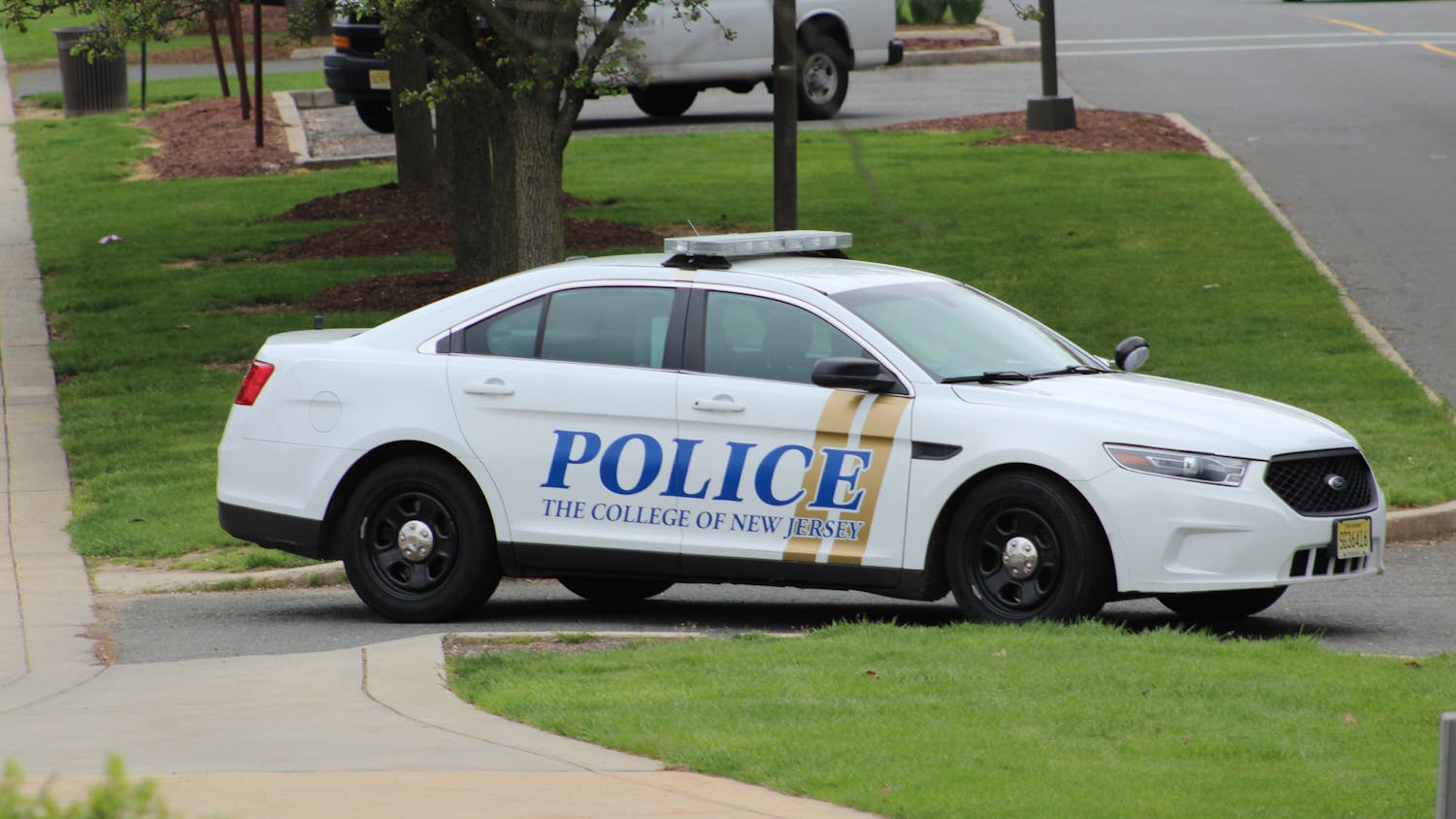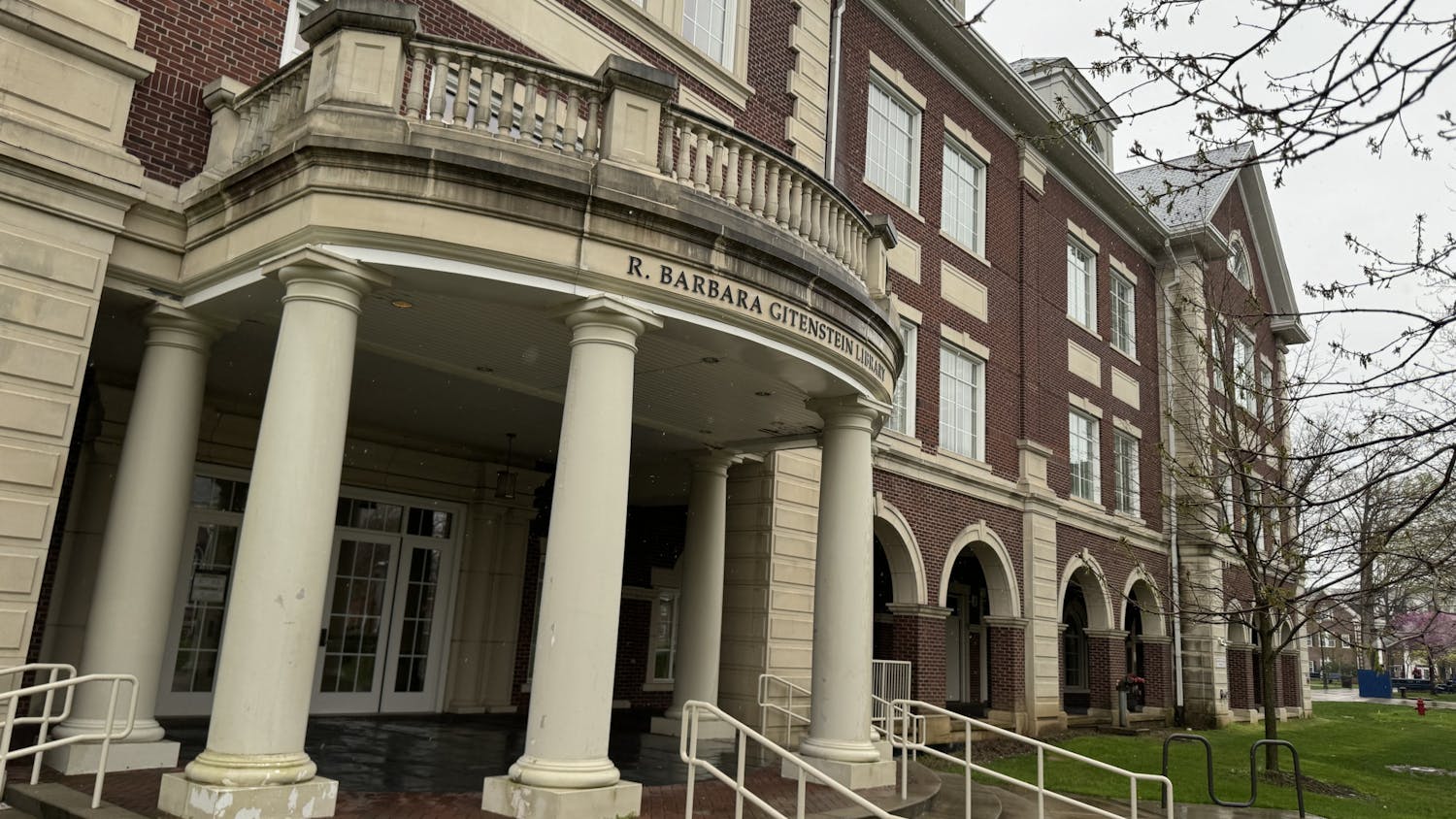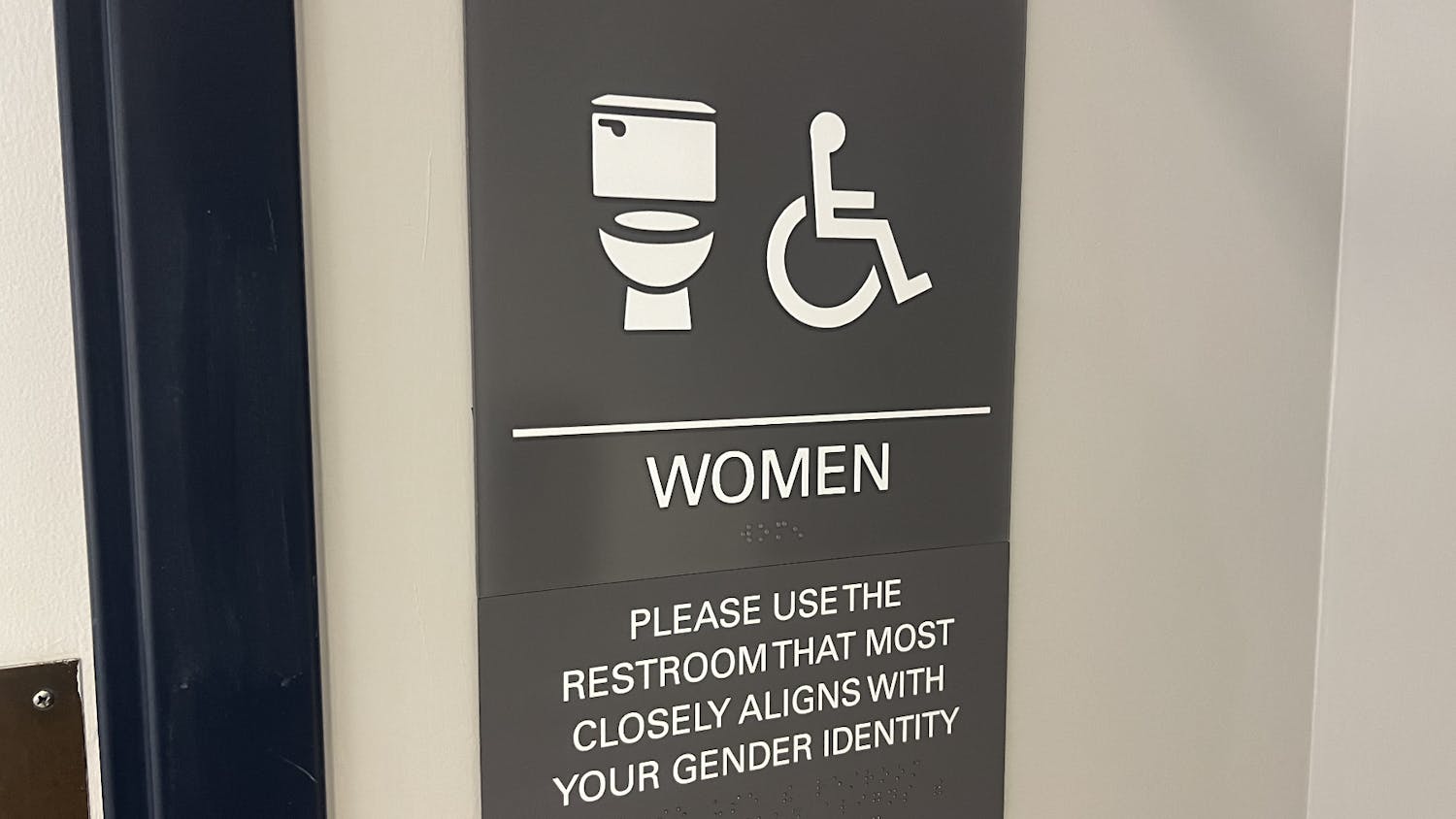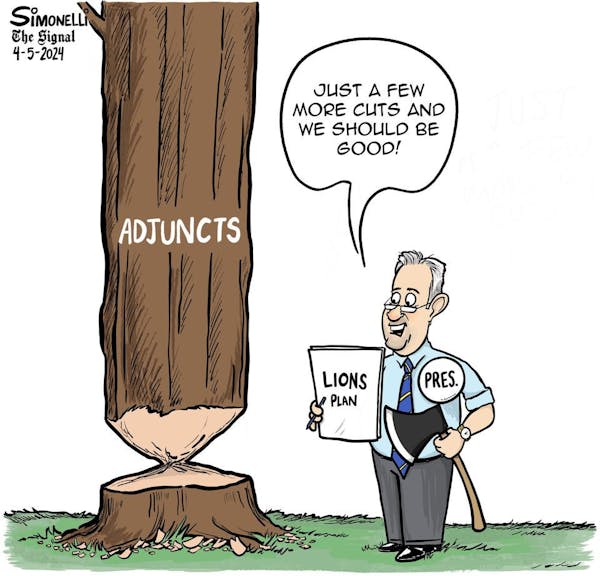By Ian Krietzberg
Managing Editor
The Signal interviewed President Kathryn Foster, Provost Jeffrey Osborn, Vice President for Operations Sharon Blanton and Vice President for Student Affairs Sean Stallings on Jan. 27 in a candid discussion of the College’s Spring 2021 plans.
As of August 6, 2020, the United States was approaching 5 million cases of Covid-19, with a total death count of about 160,000 — numbers that cannot be described as small or insignificant. As of today, February 3, 2021, the U.S. has reported more than 26 million cases of Covid-19, with a death count of 448,759.
Yet on August 3, the College made the decision to “offer all fall 2020 courses in remote-only mode, house only a small population of residential students on campus, and further reduce in-person, on-campus activity,” based on recent trends, at the time, that showed a greater rate of transmission, in addition to New Jersey’s continued closure.
As the winter worsened, cases continued to climb, and the Spring semester drew ever nearer, the College has remained firm in its plans to operate as a hybrid campus — plans that have at last been put into action.
The reason, according to the administration, largely comes down to preparedness.
“We have heard from many students and parents, and for that matter, members of the faculty and staff who said ‘it’s time to be back,’” President Foster said. “We have challenges, whether it’s mental health challenges or educational issues; we really feel that we chose The College of New Jersey because it’s a place for in-person experience. Now, no one thinks that the Spring will be the same thing as a ‘traditional’ in-person experience — there’s no way that these conditions allow it now, but we did think and do believe that we are ready and prepared and trained and practiced to come back in some form, and that’s what we set up for the Spring.”
In the Summer and Fall, because the pandemic was still a relatively new challenge for national and local governments to face, the simple procurement of supplies necessary to open campus was incredibly difficult, something that is no longer as much of a problem.
“Everybody was trying to buy the same things at the same times,” Vice President For Operations Sharon Blanton said. “So, the supply chain was totally out of whack, and it took some time for it to catch up with all of the needs. Now, we’ve procured thousands and thousands of wipes, and bottles of hand sanitizer, and face coverings. We have all of those materials now, that, frankly we could just not purchase in August. But now we’ve got a really good stockpile, we’ve got enough to get us through the semester, in fact, so we feel really good about that. We’ve been able to get enhanced cleaning services for the campus. So, the signage, thinking through the room occupancies, all the HVAC issues that we’ve been working through, it just wasn’t possible back in the Fall. And now, we’ve accomplished so many of these things that physically we’re much more prepared.”
But the College’s reasons for opening campus for the Spring go beyond a preparedness that was lacking in the Fall — as new variants crop up in the U.S. and in New Jersey, and as vaccines become more widely distributed and the local rates of transmission either rise or Fall, the College examines each new development and performs a cost-benefit analysis. It is this method of weighing the risks against the possible costs that have reinforced the College’s decision to offer a hybrid option.

“I think that what I constantly think about is a balance, it’s a balancing act,” Foster said. “We’re living in a world of trade-offs right now. So you could say alright, what we did in the Fall essentially, say we’re not going back, we’re not giving choice to students or faculty this semester, and we could do that. But what we also know is that the cost of doing that will be on students, mental health in terms of desperate to come back, yearning to be here, in particular, difficult circumstances at home that would make the cost of being off-campus even greater than the risk of being on-campus."
At the core of the many cost-benefit analyses that the College is running is the weighing of what it would mean if a student could not come to campus who desperately wants to.
“We feel that, you know I’m presuming that a number of the people who have chosen to come back to campus, who are aware that there is risk from being here as there might be risk in their own community, are doing their own cost-benefit calculation by saying ‘the benefit to me of being on-campus is worth the risk that I know that I face when I get into any situation where there are more people around,’” Foster said. “It’s a trade-off, it’s a balancing act, it’s something that we’re always weighing is the benefits and the costs.”
As this new type of semester begins, members of the administration remain confident that the plan itself will work. The area that harbors some anxiety for them is in the people that are subjected to that plan because there is no assurance that the plan will be adhered to.
“If people follow the preparation and rules we’ve got here, I feel very comfortable in the plan,” Foster said. “I think the question is its humans, right? It’s not words on paper.”
The beginning of the semester especially is creating an area of concern as students re-acclimate to a college environment, where, considering the current health crisis, a lot can happen and a lot can go wrong.
“I think that the real question is compliance and our ability to enforce,” Foster said. “And so we’ll do everything we can. As Provost Osborn says, we really do see this as a partnership with our students. We have all been part of a community. It’s not about ‘we versus they.’ It’s not about punitive measures. It’s about saying ‘Can we rise to this occasion in these exceptional times’ and become the people we believe we are.”







